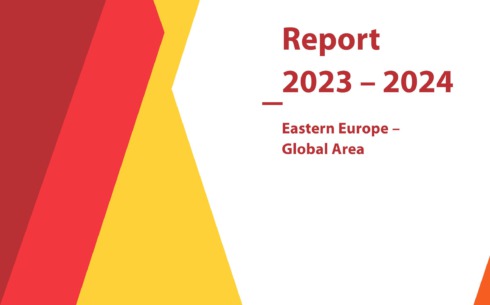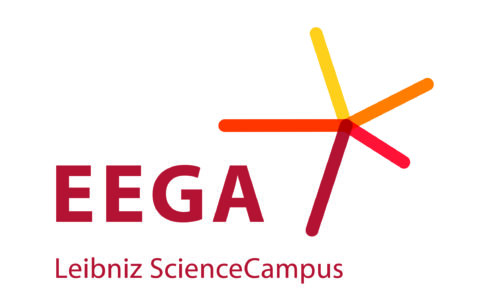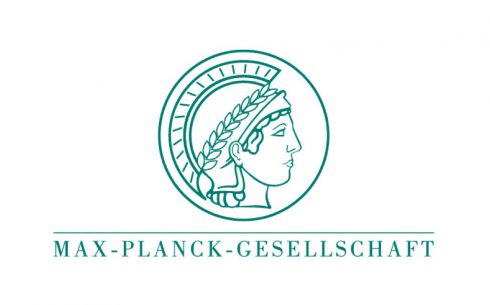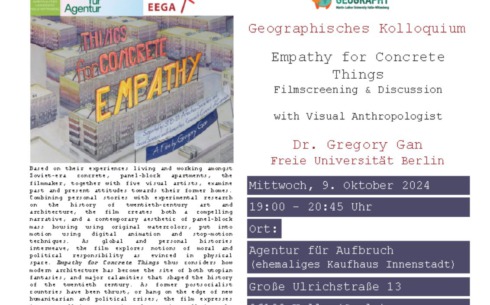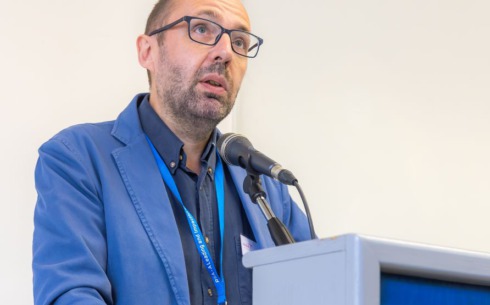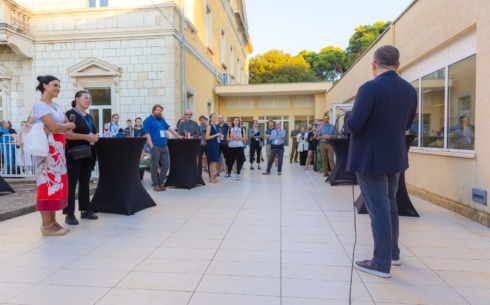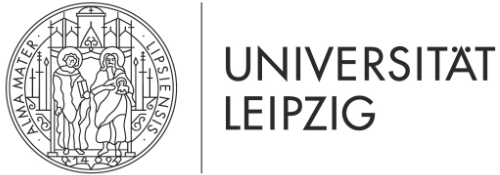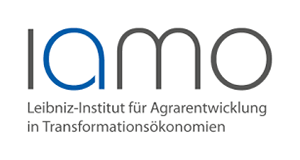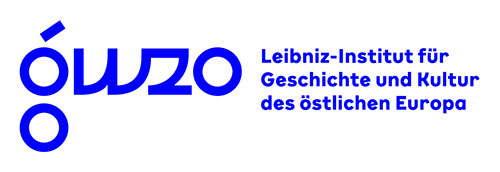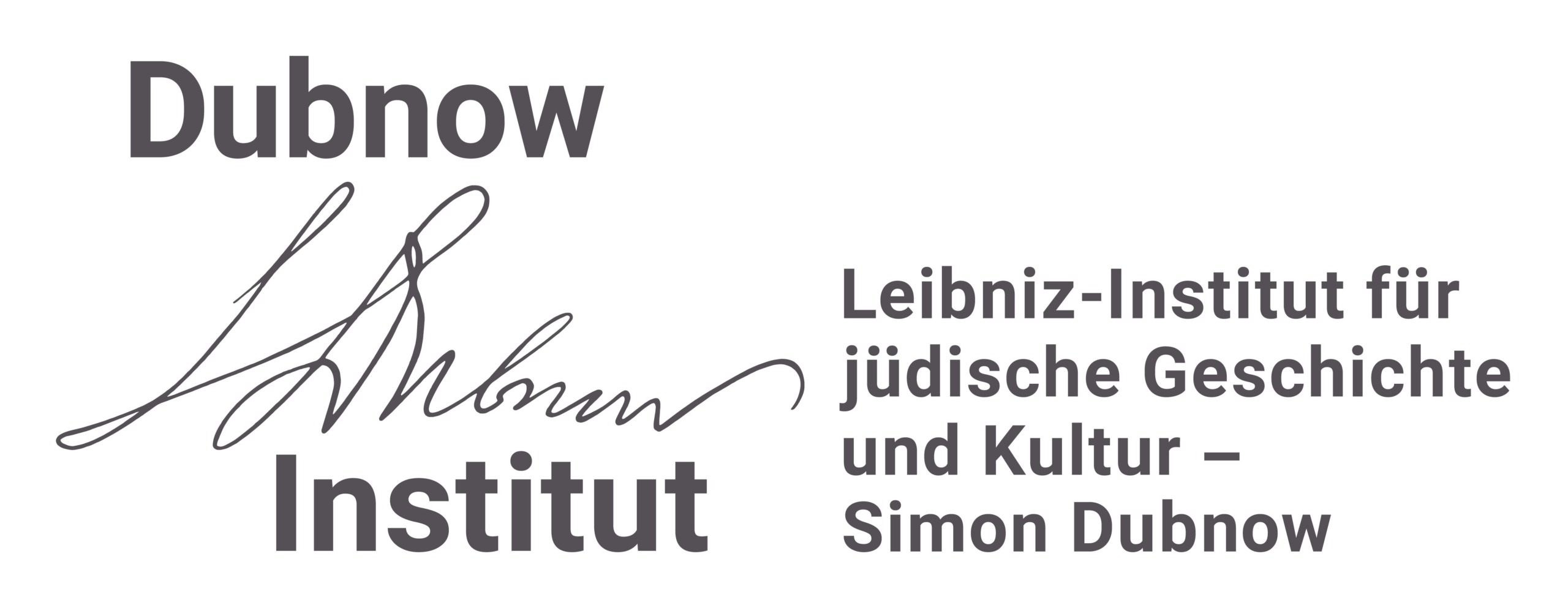CfP – GWZO Annual Conference 2020
The annual conference „Asymmetries of a Region: Decentring Comparative Perspectives on Eastern Europe“ of the Leibniz Institute for the History and Culture (GWZO) is organised from 6–8 July 2020 in Leipzig. The Call for Papers is now open.
Comparison is among the most frequently used approaches in humanities and social sciences. Several disciplines include established fields dedicated to comparative analysis, ranging from comparative history through politics to literature. In recent decades, however, these approaches have been subjected to continuous methodological debates. While comparative frameworks have been promoted by some researchers as a means to overcome methodological nationalism and exceptionalism, others have criticised comparative approaches for homogenising research subjects and defining artificial boundaries of container entities. In response to such criticism, many recent approaches, especially in a global context, have sought to integrate comparative methods with research on transfer, connection, and entanglement. This discussion has shed light on the role of circulation and changing points of reference, as actors and objects move within and across different spaces. The increasing relevance attributed to mobility and border-crossings has also inspired the formation of new subdisciplines (most notably, the discussion on world literature in comparative literature). At the same time, reservations towards illegitimate comparison, as represented by the figurative apples and oranges, have been considerably weakened. Since researchers have started paying more attention to social, economic, cultural and other inequalities, the question of how comparative analysis may consider apparent asymmetries without equalising or reifying has also arisen.
The Annual Conference 2020 of the Leibniz Institute for the History and Culture of Eastern Europe (GWZO) in Leipzig will take these debates as a point of departure. This event will connect to current efforts in global and area studies to integrate multiple perspectives, highlight spatial overlaps of actors, objects and ideas and address unequal relationships between them. By focusing on the lenses of asymmetry and decentring, this interdisciplinary conference seeks to discuss the potential of comparative studies on and with Eastern Europe for articulating new approaches to the study of processes of peripheralisation and marginalisation. Eastern Europe here broadly refers to the region between the Baltic, the Black, and the Adriatic Seas and thereby to spaces that are produced, imagined, and shared by multiple actors and contexts. Contributions engaging with the ‘global East’ as well as with actors and objects that transcend this area in a larger Europe and other regions in the world are expressly welcome. The GWZO is particularly interested in empirically rich contributions that seek to present innovative approaches to comparative studies on Eastern Europe that bring different spaces, actors, and ideas in dialogue with each other.
Submission of papers by established as well as early career researchers from different disciplinary backgrounds that critically engage with Eastern Europe in comparative perspective from the medieval period to the present time are heartly invited.
Submissions may address the following and related questions:
• What new perspectives emerge from comparative studies on Eastern Europe in relation to other world regions and the global dimension? How can such research contribute to global studies and studies engaging with a larger Europe?
• How can comparative studies on Eastern Europe integrate different spaces at once, in particular at the subnational and transnational levels?
• What insights can comparative localised, small-scale studies offer to studies of the global dimension?
• What challenges do comparative studies face in the analysis of asymmetrical relations? How can they compare non-dominant modes of agency? And how can they avoid reproducing dominant interpretations?
• How can methods of decentring contribute to comparative analyses on peripheralised regions and marginalised groups of people?
• What approaches in comparative studies can be used for reflecting the dependence of subjects’ perspectives on location and situation?
• How can comparative methods be adjusted to include multilingualism and processes of translation?
• How can engagements with dialogic forms of knowledge production help to decentre the position of the researcher in comparative analysis?
Please send your abstract of no more than 300 words with a short biographical note by 29 February 2020 to the organisers at corinne.geering@leibniz-gwzo.de
